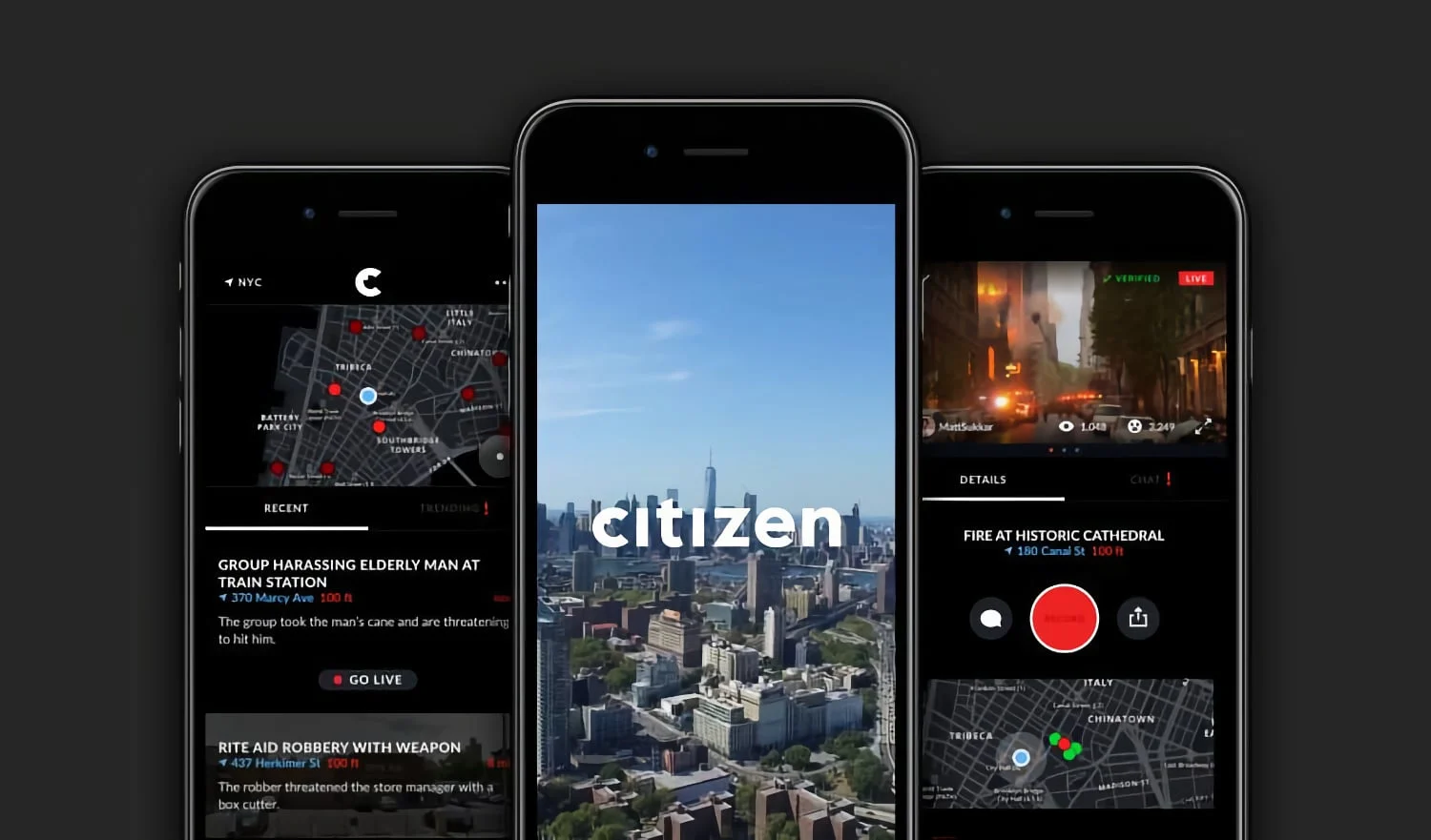Citizen, the provocative crime-reporting app formerly known as Vigilante, is in the news again for all the wrong reasons. On Thursday evening, it doxxed singer Billie Eilish, publishing her address to thousands of people after an alleged burglary at her home.
Shortly after the break-in, the app notified users of a break-in in Los Angeles’ Highland Park neighborhood — including the home’s address. As reported by Vice, Citizen’s message was updated at 9:41 PM to state that the house belonged to Eilish. According to Citizen’s metrics, the alert was sent to 178,000 people and viewed by nearly 78,000. On Friday morning, Citizen updated the app’s description of the incident, replacing the precise address with a nearby cross-street.
Although celebrity home addresses are often publicly available (usually on seedy websites specializing in such invasive nonsense), a popular app pushing the home address of one of pop music’s biggest stars to thousands of users is… new. Unfortunately, it’s also just the latest potentially destructive move from Citizen.
When Citizen launched as Vigilante in 2016, Apple quickly pulled the title from the App Store based on concerns about its encouraging users to thrust themselves into dangerous situations. So it rebranded as Citizen with a new focus on safety, and Apple re-opened its gates. The app began advising users to avoid incidents in progress while providing tools to help those caught in a dangerous situation. Although that sounds reasonable, at least one episode reveals an overzealousness company prioritizing attention and profit over social responsibility.

Citizen
In May 2021, CEO Andrew Frame ordered the launch of a live stream, encouraging the app’s users to hunt down a suspected wildfire arsonist (based on a tip from an LAPD sergeant and emails from residents questioned by police). He offered a $10,000 bounty for finding the suspect, which grew to $30,000 later in the evening. As the hunt continued, the CEO reportedly grew more frantic, with one of his internal Slack conversations encouraging the team to “get this guy before midnight” in an ecstatic, all-caps message.
A staffer was ignored in a Slack chat when they warned the team about breaking the app’s terms of service, which prohibit “posting of specific information that could identify parties involved in an incident.” When police announced that night that they had made an arrest, the team celebrated, believing their feverish hunt for notability had led to the capture. The only problem? Citizen had the wrong guy. In Frame’s apparent eagerness to legitimize his app’s purpose with a high-profile citizen arrest, he placed a public bounty on a wrongfully accused suspect.
All products recommended by Engadget are selected by our editorial team, independent of our parent company. Some of our stories include affiliate links. If you buy something through one of these links, we may earn an affiliate commission. All prices are correct at the time of publishing.
Credit: Source link


Comments are closed.